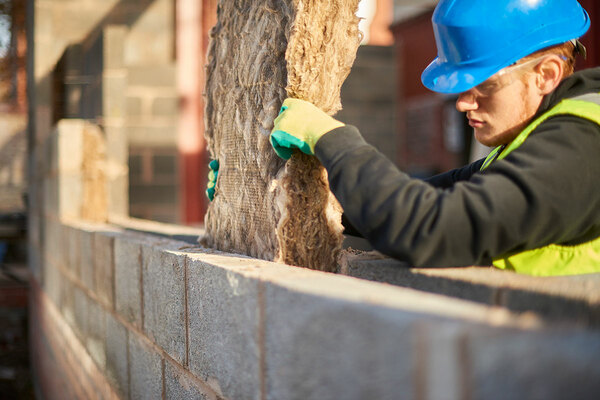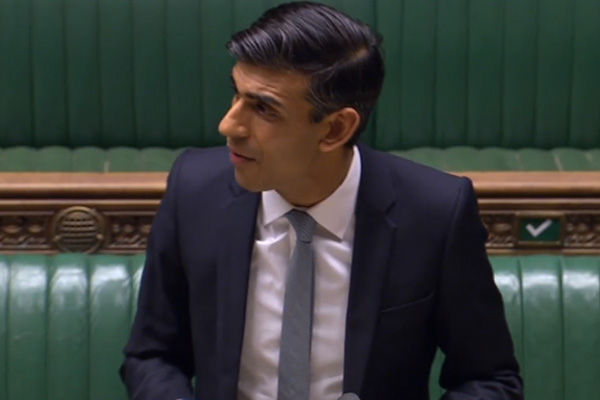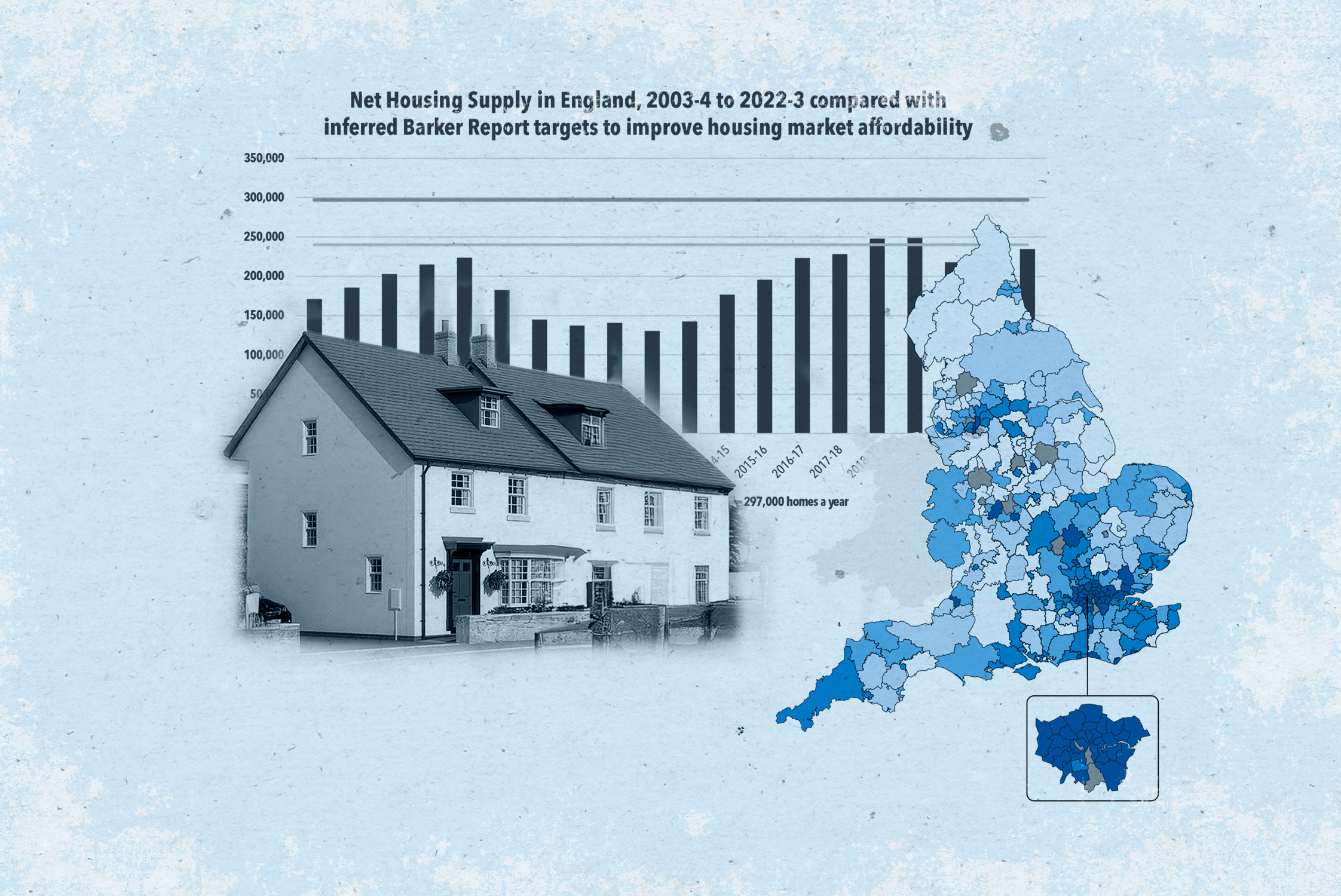You are viewing 1 of your 1 free articles

Why achieving net zero will be a tricky balancing act for housing associations
In his Summer Statement, chancellor Rishi Sunak revealed details of a £2bn Green Homes Grant to help decarbonise housing. Ben Stansfield examines the context of the announcement and what it means for landlords
The UK government has stated that from 2025, all newly built houses will not be connected to the gas grid.
According to the Committee on Climate Change, by 2035 almost all replacement heating systems for existing homes must be low-carbon or ready for hydrogen. This will have implications for housing associations and their supply chains – organisations will be called upon to install low-cost heating systems at significant expense.
The positive aspect of newly built homes is that green requirements can be planned for from the start. However, we need to think about what happens to the homes that have already been built and occupied and in what way these can play a part in meeting the decarbonisation goals as set out by the government.
Having set an ambitious goal to decarbonise, the government will have to be creative and flexible in its policy formulation – although it needs to have a laser-like focus on the end goal.
However, the government does have a difficult balancing act. It needs to give businesses regulatory certainty, but equally it needs a degree of flexibility to introduce additional measures if a particular industry sector is failing to decarbonise at sufficient pace.
Above all, the government needs to show strong leadership and commitment. It would be extremely disappointing to have a repeat of the 2015 decision where the zero-carbon homes policy (introduced by Gordon Brown) was scrapped as part of the Fixing the Foundations: creating a more prosperous nation report.
Many homes which have been built since that decision will require carbon reduction measures to be retrofitted, in fact around 80% of the buildings we will use in 2050 already exist, so retrofitting to achieve net zero is going to become a key aspect of asset managers’ maintenance and upgrade strategies.
Retrofitting carbon reduction measures are likely to be more expensive and certainly more disruptive (especially with residents living there) than integrating measures during construction.
Therefore, housing associations that are building housing with a view to long-term ownership or management should start to think about the cost benefits of early installation on a ‘voluntary’ basis rather than a regulated or compliance measure.
Social housing provider Raven Housing Trust recently provided an extremely helpful contribution to our collective understanding of these issues. It became one of the first associations to publish the estimated costs of retrofitting measures to meet decarbonisation targets and what that means for them in practice.
“In fact, 80% of the buildings we will use in 2050 already exist, so retrofitting to achieve net zero is going to become a key aspect of asset managers’ maintenance and upgrade strategies”
It is easy for commentators and business leaders to talk about percentage cuts in greenhouse gases and dates by which organisations will hit ‘net zero’.
However, we know that behind every public commitment to reduce carbon emissions lies very significant costs and many organisations either don’t have those funds available to do the work, so will need to think carefully about how to raise them.
I think that Raven Housing Trust’s figures (which estimated around £20,000 per home) will surprise many people and force them to think about what net zero really means and the cost of it to their organisation as well as the economy.
For some organisations and housing associations that may have already been struggling pre-coronavirus, trying to pay for retrofitting could mean that key services could be adversely affected when they start to cut emissions too quickly as a well-meaning attempt to appease stakeholders.
Cutting emissions is clearly a great and necessary thing, but it has a significant cost.
Being the first in a sector to ‘go green’ and decarbonise can be attractive – it brings positive publicity, may help secure finance or grants and can attract customers, especially among younger generations who are generally more mindful of sustainably.
“For some organisations and housing associations that may have already been struggling pre-coronavirus, trying to pay for retrofitting could mean that key services could be adversely affected when they start to cut emissions too quickly”
However, as the industry further develops, emissions reduction technologies could improve and become cheaper – so it will be a really tricky balancing act for housing associations in particular, especially as we emerge from lockdown and while the economy is suffering.
The government has announced a series of investments to tackle carbon emissions across the UK.
The first was on 29 June, when energy minister Kwasi Kwarteng announced nearly £80m of government investment to help cut carbon emissions from homes and energy intensive businesses.
Around a quarter of this is set aside for innovative projects to help develop energy efficient homes by installing green tech and insulation in houses.
The second, revealed in the chancellor’s summer statement and part of the government’s post-pandemic green recovery, includes a £2bn Green Homes Grant which will allow owner-occupiers and landlords to apply for vouchers to make their homes more energy efficient.
The funds should help to kick-start and demonstrate that certain technologies or roll-outs work and can be adopted speedily or in great numbers.
Social housing providers must not forget that net zero is a legal obligation – albeit one that hasn’t trickled down to them yet, but it should be at the top of an organisation’s agenda.
The journey to net zero will not be an easy one but it is one that has to be tackled for the future.
Ben Stansfield, planning and environment partner, Gowling WLG












